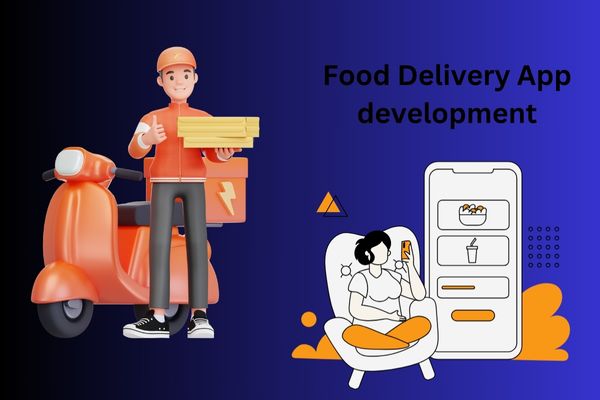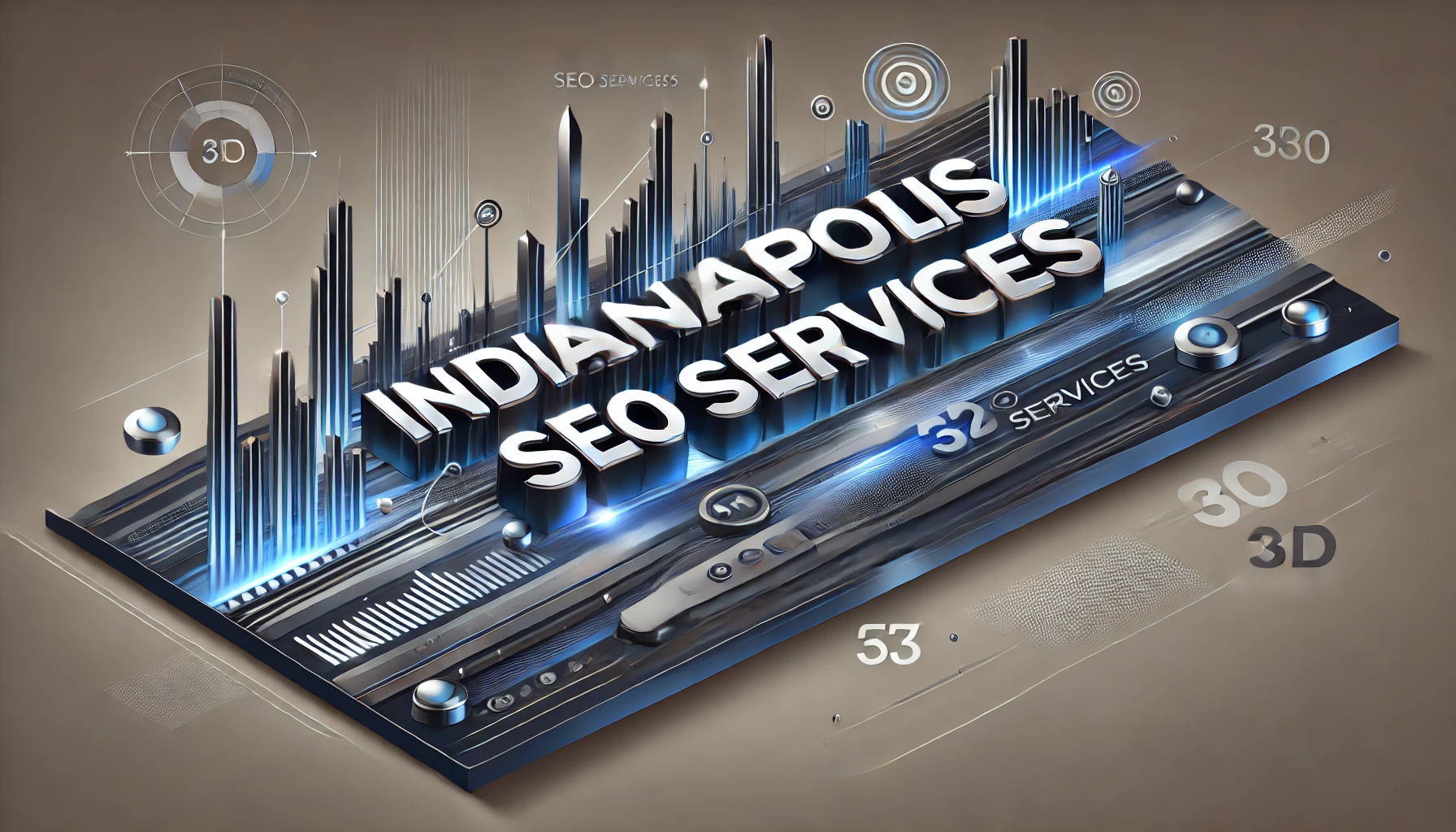Technology has completely revolutionized how we experience daily tasks, including food industry tasks. On-demand food delivery applications, for example, offer convenience and efficiency that is unmatched by other apps.
As demand for quick, hassle-free food delivery increases exponentially, it becomes clearer how developing an app to facilitate such a service can reap numerous rewards.
One of the primary advantages is enhanced customer experience. On-demand food delivery apps provide users with an efficient and user-friendly platform to browse menus, place orders, track deliveries in real-time, and keep an eye out for delivery shipments in real-time – providing convenience that caters to busy lifestyles while cultivating customer loyalty through efficient services and fast deliveries.
Partnership with an on demand food delivery app development company opens up new revenue generation channels for restaurant owners. These platforms act as powerful marketing tools that expand reach beyond existing customer demographics to attract new ones and drive more business to restaurants.
These apps enhance order fulfillment processes with increased efficiency and automation, thus decreasing operational overhead costs while increasing profits.
Benefits of Developing an App for Food Delivery
Here are the various advantages of developing a food delivery app, specifically custom food delivery application development.
Convenience for Customers:
One of the chief advantages of food delivery apps is their immense convenience for users, giving access to various restaurants, cuisines, and menus from within their homes or workplaces.
With just a couple of taps, customers can order meals to be delivered to them at their doorstep.
Improved Customer Experience:
Custom food delivery application development allows businesses to customize their apps specifically to the needs and preferences of their target audiences, creating apps with user-friendly features like personalized recommendations and seamless navigation that offer customers an enhanced customer experience.
Features like real-time order updates and secure payment methods will increase customer satisfaction and encourage repeat purchases.
Increased Revenue for Restaurants:
Food delivery apps offer restaurants an additional revenue source by expanding beyond dine-in services into customer acquisition strategies that consider a broader customer perspective.
The increased exposure can translate to more significant order volumes and revenue growth. Customized apps may facilitate promotions, discounts, and loyalty programs designed to entice customers to patronize one restaurant over rivals.
Efficient Order Management:
A custom food delivery app offers restaurant owners an efficient means of order management. This custom app helps reduce errors while speeding up ordering times significantly by streamlining this process and eliminating errors or miscommunication.
Order processing automated order processing integrated with the restaurant’s point-of-sale (POS) system allows seamless coordination between kitchen staff and delivery personnel to minimize delays and ensure on-time deliveries, leading to smoother operations that improve productivity overall.
Data-Driven Insights:
Custom food delivery app development allows businesses to integrate cutting-edge analytics tools that offer insights into customer behaviors, preferences, and trends.
By employing data analytics, restaurants can make more informed decisions such as menu optimization, targeted marketing campaigns, and strategic partnerships that enrich customer experiences and allow businesses to remain competitive in an ever-evolving market. These insights increase customer loyalty and help companies stay relevant in an evolving economy.
Expanded Market Reach:
Food delivery apps reduce geographical constraints for restaurants to access a broader customer base. From small local eateries to multi-chain eateries and beyond, using an app opens opportunities to reach beyond immediate locations to attract more business, expand brand presence, and attract new customers.
This broader reach can prove immensely beneficial when expanding brand presence or seeking to draw in new ones.
Optimizing Delivery Services:
Custom food delivery application development allows businesses to streamline the operation of delivery services with features like route optimization, GPS tracking, and real-time communication, enhancing the efficiency of delivery processes.
Reducing delivery times and the likelihood of order mistakes. Consolidating operations not only benefits customers but also increases the cost efficiency of the delivery service.
Brand Visibility and Marketing Opportunities:
Establishing a food delivery app increases a restaurant’s digital visibility while opening direct communication channels between itself and its customers, providing direct avenues for targeted campaigns, promotions, and loyalty programs to run effectively.
Push notifications and in-app advertisements can help businesses maintain customer awareness by notifying them about special offers, new menu items, or events – ultimately increasing brand recognition and customer engagement.
Adaptability to Shifting Consumer Trends:
The food industry is highly volatile, changing consumer tastes and trends quickly. Custom food delivery app development helps businesses adapt quickly to these shifts by including new features, altering menu options as needed, or adopting emerging technologies to stay at the forefront and satisfy evolving customer requirements.
Contactless and Safe Transactions:
In today’s post-pandemic climate, consumer health and hygiene have become their paramount priorities. Food delivery apps offer convenient contactless transactions ranging from ordering food delivery orders and making payments to fulfilling health and safety regulations while meeting customers who value a smooth dining experience.
Navigating Challenges in On-Demand Food Delivery App Development
As businesses work to establish efficient food delivery platforms, they face numerous hurdles that threaten to derail their ventures and limit success.
Competition Is Intense:
Food delivery app development services have experienced high demand in recent years, leading to a highly saturated market and fierce competition between players for user attention and restaurant cooperation. Developers must seek unique features or innovative approaches that set their app apart in the marketplace and deliver value that distinguishes them from the competition.
User Experience and Interface Design:
A food delivery app’s success rests heavily on user engagement. Crafting an intuitive yet visually attractive user interface is crucial in engaging customers; making navigation smooth, ordering seamless, and tracking their deliveries as seamlessly as possible all play a vital part in engaging users and encouraging repeat business. Finding an optimal balance between aesthetics and functionality will keep users returning for more.
Technological Integration:
Integrating multiple technologies for real-time tracking, payment gateways and order management systems creates a formidable challenge when developing on-demand food delivery apps.
Ensuring these technologies work harmoniously is paramount for an app’s success, and developers must stay abreast of new technological trends to incorporate them into their apps seamlessly.
Logistics and Delivery Optimization:
Optimizing logistics and delivery management is central to food delivery apps, with developers faced with optimizing routes, managing delivery personnel, and minimizing delivery times being among their primary challenges. Implementing robust algorithms or tracking systems will further optimize this aspect of their delivery system and enhance the overall efficiency of delivery operations.
Data Security and Privacy Concerns:
On-demand food delivery apps deal with sensitive user data, such as personal details and payment data, that must remain protected to maintain trust among their users while upholding platform integrity. Developers must put stringent security measures and encryption protocols into place and comply with data protection regulations to guarantee user trust in the platform and safeguard user safety.
Restaurant Integration and Management:
Integrating multiple restaurants seamlessly into an app can be exhausting and complex. Coordinating menu changes, updating prices, and managing inventory require meticulous coordination between the developers of an app and various restaurant partners to facilitate communication and data exchange effectively between them all.
Regulatory Compliance:
On-demand food delivery apps must comply with numerous local regulations, such as food safety standards, licensing requirements, and labor laws. Navigating this complex landscape may be challenging – the rules may differ across regions, so developers must conduct extensive research to incorporate features that ensure compliance with relevant laws and regulations.
Customer Reviews and Ratings:
Upholding a positive brand image in the increasingly competitive food delivery market can be challenging.
Responding to customer comments, responding to user concerns, and continually refining your app are ongoing responsibilities that require constant focus and support, using feedback as part of improving functionality could contribute significantly towards long-term success and contribute a much-needed customer service component for any successful app development venture.
Also read: Virtual Reality Training for Auto Mechanics
Conclusion
Food delivery apps bring many advantages for businesses and consumers, revolutionizing how people access and enjoy their favorite meals. Their convenience and efficiency significantly elevate dining experiences for users. Smartphone customers can browse a wide selection of menu items and order quickly – saving time and effort when their meals arrive right at their door!
Food establishments looking to increase their customer base should consider investing in a food delivery app to extend their reach and expand customer loyalty through targeted promotions and discounts. These applications provide businesses with a platform to showcase offerings, attract new patrons, and strengthen commitment among existing ones through personalized promotions and offers.
Data collected via these apps enables businesses to analyze customer preferences and tailor offerings accordingly.
Food delivery application Development Company plays an essential part in realizing these advantages. Through technical expertise, they ensure the app’s features, security, and user interface meet the highest industry standards. By teaming with an experienced development firm, businesses can easily navigate the complexities of app creation from inception to release.




